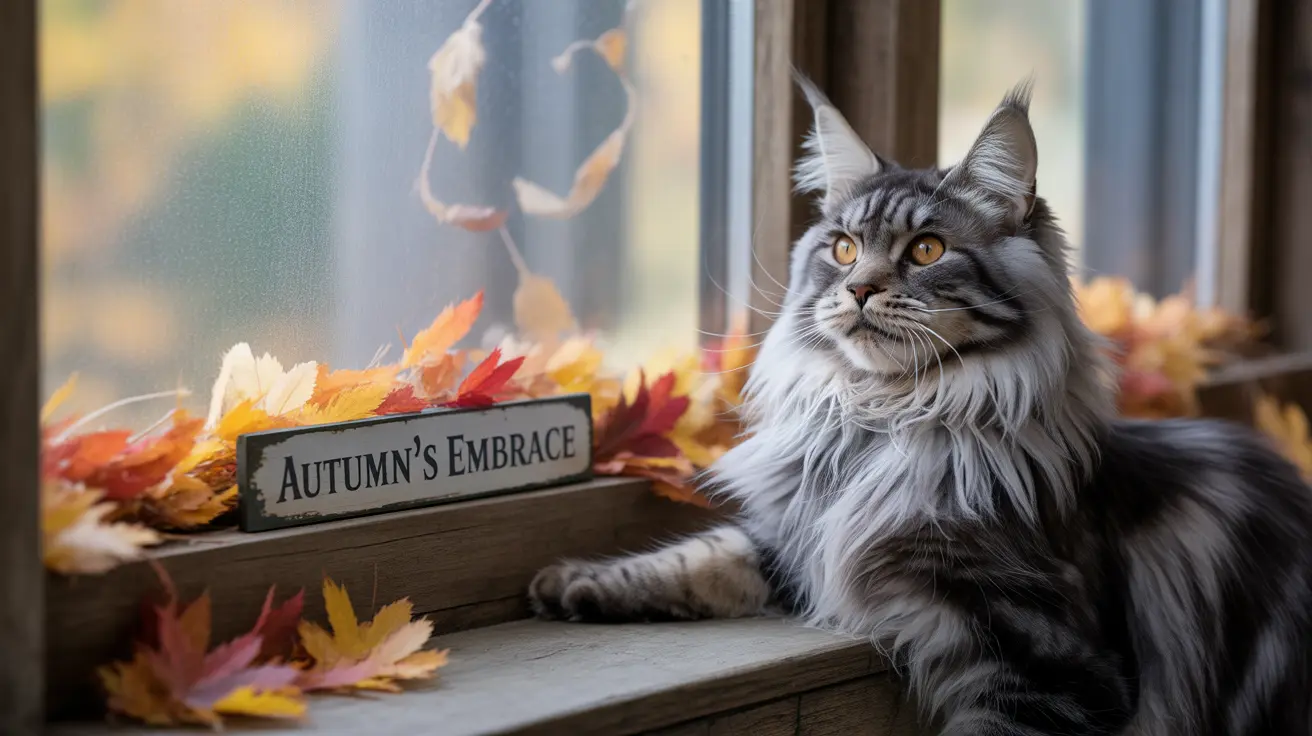Understanding Indoor-Outdoor Cat Lifespans
If you're considering letting your cat spend time both indoors and outdoors, understanding their potential lifespan is crucial. Indoor-outdoor cats typically live between 4-13 years, significantly less than indoor-only cats but longer than those living exclusively outdoors. This variation in lifespan reflects the unique challenges and benefits of this lifestyle choice.
The lifespan of indoor-outdoor cats falls on a spectrum, influenced by how much time they spend outside and what safety measures are in place. While indoor cats can live 12-18 years or more, and outdoor cats often only survive 2-5 years, indoor-outdoor cats usually experience a middle-ground lifespan averaging 4-13 years.
Key Factors Affecting Indoor-Outdoor Cat Longevity
Environmental Risks
Indoor-outdoor cats face various environmental hazards that can impact their lifespan. These include:
- Vehicle accidents
- Encounters with predators
- Exposure to toxic substances
- Weather-related risks
- Territorial conflicts with other cats
Health Considerations
These cats are more susceptible to certain health issues compared to indoor-only cats:
- Higher exposure to infectious diseases
- Greater risk of parasitic infections
- Increased chance of injuries requiring veterinary care
- More frequent encounters with fleas and ticks
Maximizing Your Indoor-Outdoor Cat's Lifespan
Essential Safety Measures
To help your indoor-outdoor cat live longer, implement these crucial safety practices:
- Maintain regular veterinary check-ups
- Keep vaccinations current
- Use flea and tick prevention
- Provide a microchip and collar with ID
- Consider a GPS tracker
Creating a Balanced Lifestyle
Structure your cat's outdoor access to minimize risks:
- Establish regular outdoor schedules
- Create a safe outdoor space or "catio"
- Supervise outdoor time when possible
- Bring cats indoors at night
- Provide indoor enrichment activities
Frequently Asked Questions
How long do indoor-outdoor cats live compared to strictly indoor or outdoor cats?
Indoor-outdoor cats typically live 4-13 years, while indoor cats can live 12-18 years or longer. Outdoor-only cats generally live just 2-5 years. The specific lifespan depends on factors like outdoor exposure time and safety measures in place.
What are the biggest risks that shorten an outdoor cat's lifespan?
The main risks include traffic accidents, encounters with predators, exposure to diseases, parasitic infections, and weather-related dangers. These hazards significantly reduce life expectancy compared to indoor-only cats.
Can I safely let my indoor cat outside without drastically reducing its lifespan?
Yes, with proper precautions. Use supervised outdoor time, create an enclosed outdoor space, or train your cat to walk on a leash. These controlled approaches allow outdoor enrichment while minimizing risks.
Do indoor cats live longer because they avoid specific diseases or hazards?
Yes, indoor cats live longer by avoiding exposure to infectious diseases, parasites, accidents, and predators. They also benefit from more consistent access to food, water, and medical care.
How can I help my indoor-outdoor cat live a longer, healthier life?
Maintain regular veterinary care, keep vaccinations current, use preventative medications, provide identification, limit nighttime outdoor access, and create safe outdoor spaces. Additionally, ensure proper nutrition and indoor enrichment opportunities.
Conclusion
While indoor-outdoor cats typically don't live as long as indoor-only cats, understanding and minimizing risks can help extend their lifespan. By implementing proper safety measures and maintaining regular veterinary care, you can help your indoor-outdoor cat live a longer, healthier life while still enjoying the benefits of outdoor access.






